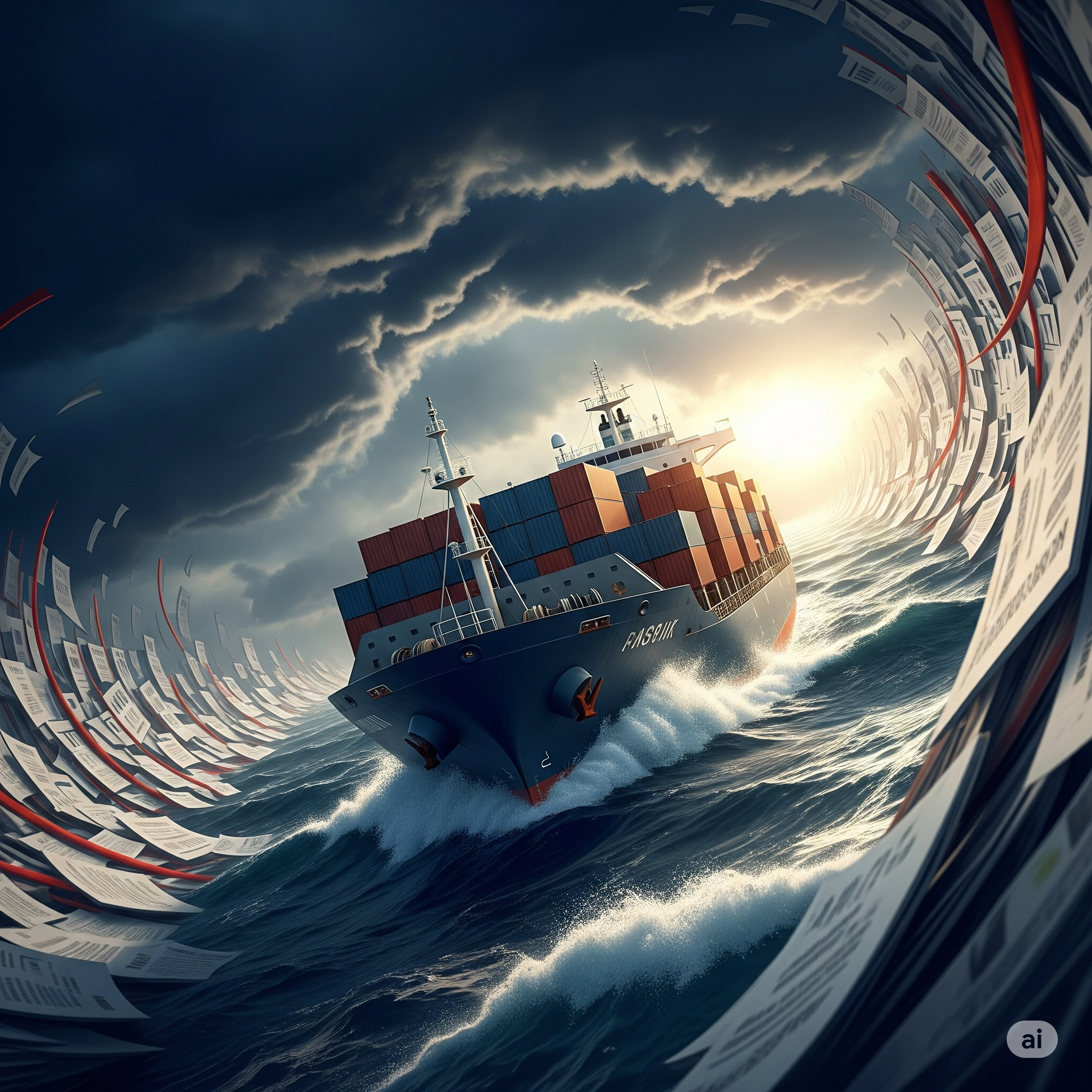Navigating Tariffs: How Medium-Sized Wholesale Import Businesses in North America Are Being Impacted Introduction
In recent years, tariffs have become a central issue for businesses engaged in cross-border trade. For medium-sized wholesale import businesses in North America, the consequences of shifting tariff policies are especially pronounced. Unlike large corporations with deep legal and financial teams or small operations that can pivot more nimbly, mid-sized wholesalers often find themselves caught in the middle, forced to adapt quickly without the luxury of extensive resources.
This blog explores how tariffs are reshaping the operational landscape for medium-sized importers and what steps businesses can take to stay competitive in a protectionist environment.
Understanding Tariffs and Their Purpose
Tariffs are taxes imposed by governments on imported goods, intended to:
Protect domestic industries
Influence international trade dynamics
Generate government revenue
In the North American context, recent years have seen increased trade tensions—most notably between the U.S. and China—which have resulted in waves of tariffs across sectors such as electronics, textiles, automotive parts, and raw materials.
While these measures aim to bolster domestic manufacturing, they often introduce new challenges for import-dependent businesses, particularly those operating at medium scale.
The Unique Position of Medium-Sized Wholesale Importers
1. Tight Margins Meet Rising Costs
Medium-sized wholesalers typically operate on moderate profit margins, balancing scale with flexibility. Tariffs that add 10–25% to landed costs can drastically erode profitability. While larger competitors may hedge through volume discounts or offshore production, mid-sized players often have less negotiating power with suppliers or customs brokers.
Example: A U.S.-based distributor of industrial equipment parts saw its profit margins drop by 18% within a quarter after the implementation of Section 301 China tariffs, forcing renegotiations with retailers and end-users.
2. Supply Chain Disruptions
Tariffs don’t just increase costs—they also disrupt supply chain planning. Medium-sized businesses often depend on long-term supplier relationships, and sudden tariff changes can render existing contracts economically unviable. Shifting to alternate suppliers, especially domestically, isn't always possible due to capacity or quality concerns.
3. Limited Legal and Lobbying Power
Unlike major corporations, mid-sized businesses rarely have in-house trade counsel or lobbying teams. This means they must navigate complex customs rules and tariff codes with limited guidance, risking penalties or delays due to misclassification or compliance issues.
Strategic Responses from Smart Mid-Sized Importers
Despite the challenges, some medium-sized importers are adapting creatively. Here's how:
1. Diversifying Country of Origin
Businesses are reducing reliance on high-tariff countries. For instance, instead of sourcing all components from China, they’re exploring suppliers in Vietnam, Mexico, or Eastern Europe, taking advantage of more favourable trade agreements.
2. Investing in Tariff Engineering
Some companies are redesigning or modifying products to change tariff classifications, a legal process known as tariff engineering. This requires upfront R&D investment but can yield long-term savings.
3. Strengthening Logistics Partnerships
Strategic partnerships with freight forwarders, customs brokers, and international legal advisors are helping businesses better manage documentation, optimise shipping routes, and reduce compliance risks.
4. Price Recalibration and Communication
Passing on some of the tariff costs to retailers or end-customers, while risky, is sometimes necessary. Transparency and strong communication are key. Businesses that frame increases around global trade challenges often retain customer loyalty better than those who raise prices without context.
Conclusion: Navigating the New Normal
Tariffs aren’t likely to disappear anytime soon. As global power dynamics continue to shift, trade policy uncertainty may become a permanent fixture in the international business environment.
For medium-sized wholesale import businesses in North America, success lies in adaptability. Whether through smarter sourcing, improved compliance practices, or better customer communication, the key is staying informed and agile.
If your business is facing tariff-related challenges and you're looking for guidance on how to pivot effectively, our team can help. Get in touch to explore strategic solutions tailored to your operation.
Stay Informed
Subscribe to our blog for regular updates on trade policy, wholesale logistics, and global sourcing trends. Let’s navigate the future of importing together.
Visit us at https://www.intuitico.io/
Have questions? Email our team directly at will.chen@intuitico.io
”For a free 30 minutes consultation, you can book a meeting using this link: https://calendly.com/will-chen-intuitico/30min”
